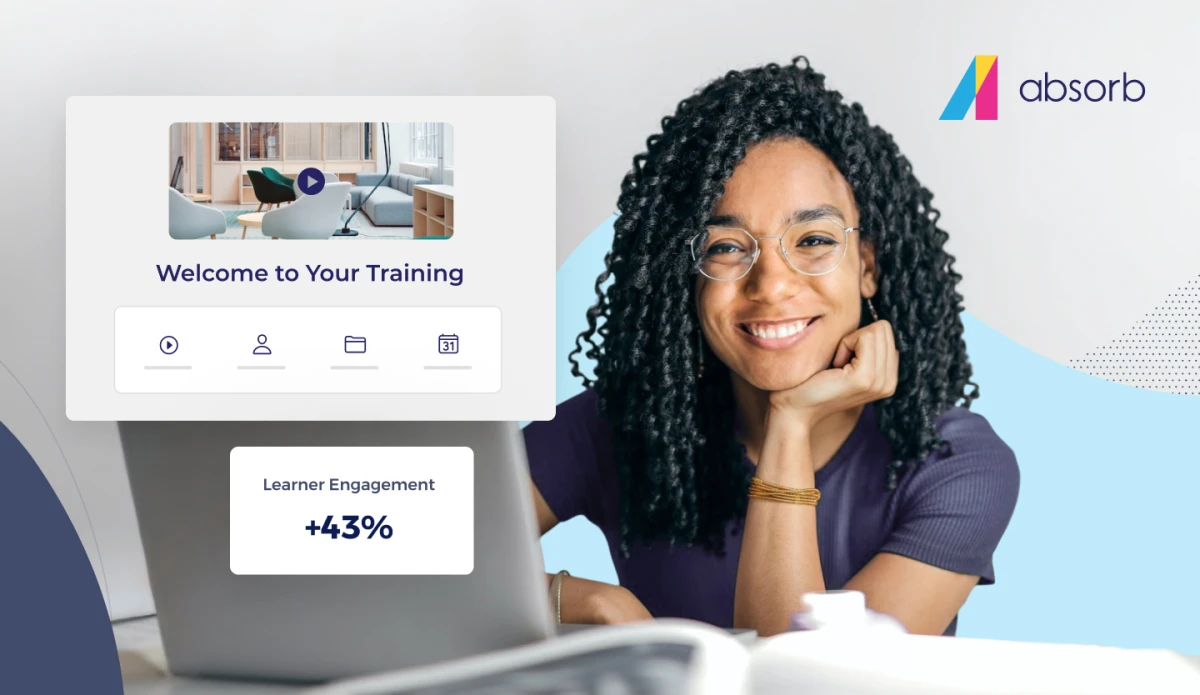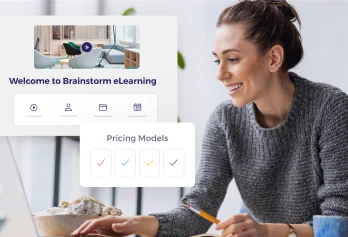Career management has radically changed over the past few years. Gone are the days when employees slowly and uniformly worked their way up an internally established career ladder, rung by rung. This antiquated form of career development is now being shaken to the core, with new challenges, technologies and expectations, according to Josh Bersin. Historically, employees relied on their employers for career development goals and promotions. But today more dynamic paradigms are emerging, with employees governing their own growth. Companies help employees with this self-directed growth, enabling workers to move from role to role aided by educational technology.
Adapting to new paradigms
Technology is a game-changer. According to a study by University of Oxford researchers, 47% of jobs existing today are at "high risk" of disappearing in the next 10 to 20 years due to automation. With technology directly impacting our everyday tasks through automation and artificial intelligence, 67% of employees believe they must reskill themselves to stay in their current positions, according to a Deloitte study. More than half of respondents felt that in the next five years, they'll have a new career altogether. There's no doubt job skills are changing drastically as technology evolves. To address this change, career development and learning play a critical role in shaping our future workplace. According to the same Deloitte study, learning and development are approximately twice as critical as an employee's compensation package and work culture. Let's delve into how a learning management system can help address these modern workforce development challenges.
Vertical learning vs. horizontal learning
To manage career transformation, many companies are implementing holistic approaches to L&D. To understand how to develop their employees, employers need to understand different educational methodologies, such as vertical and horizontal learning techniques. For example, vertical learning helps to develop soft skills relating to your thoughts, feelings and relationship to the world around you, including emotional intelligence and mental complexity. On the other hand, horizontal learning embodies the development of knowledge and skills, directly contributing to career development. With an LMS, you can map an employee's learning needs and align their coursework to address any identified skill gaps. Course recommendations can flow directly from HR systems, where goals and employee performance are managed, into the LMS through turnkey integrations of existing systems. This makes managing skill development at scale a reality, even across distributed workforces.
Implementing project-based career progression
Moving into the future of the workplace, the emphasis on skill and knowledge development critically shapes employees' career development goals. Most leaders and managers today don't know how to coach employees, leaving employees—and businesses—at a disadvantage. Further, progression within companies is hard to come by, with 65% of employees stating that it's easier to find a job outside of their company than within, according to Josh Bersin. Employers need to rethink how people work and learn. Through the redesign of career training and models, only 19% of employers promote vertical moves, according to Deloitte, where 67% of companies promote horizontal, project-based progression. Through project-based learning, employees can master skills through the project itself, including adaptation, failure, success, innovation and communication—all necessary to achieve growth in the modern-day workplace. Project-based learning demands flexibility, creativity and innovation, allowing employees to propose unique solutions to setbacks, challenges and risks in ways that standardized training can't. Support the skill development needed to excel at project-based learning by promoting soft and hard skills via a learning management system chock-full of courses designed for just this purpose. There are a host of ready-made courses available via content libraries, many with monthly updates to keep companies fully compliant with the latest regulations. This enables companies to equip employees with the skills and abilities necessary for an ever-changing, disruptable workplace, while simultaneously empowering businesses and workers to thrive.
How LMS shapes career development
Understanding and anticipating how your employees should reskill themselves while reinventing their professional development is key to an effective learning strategy. Leveraging an LMS is a proven and effective way to align employee skills with business demands. If you're implementing a new LMS strategy or you want to update your current platform, learn what LMS requirements you'll need for work's new paradigm.
Get the most out of your learning program by using ADP Workforce Now® and ADP Vantage HCM® with Absorb LMS. Visit ADP Marketplace to learn more.





